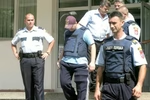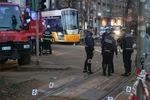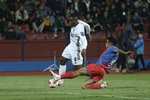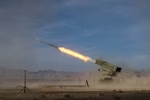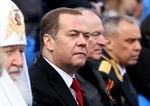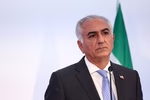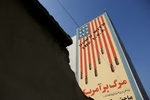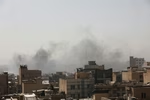Investigation into Dobrovoljacka case reopens

The Bosnian State Prosecution decided to reopen the investigation in the Dobrovoljacka case against five persons involved in the case. Thus the Prosecution annulled the January 2012 decision to cease all investigation in the case.
Oglas
On May 3, 1992, the Yugoslav People’s Army (JNA) was leaving the Bistrik barracks, the former JNA regional HQ in Sarajevo, when they clashed with local armed forces. According to the State Prosecution, the clash left seven JNA soldiers dead and 14 wounded.
The convoy’s withdrawal from the city was previously agreed in exchange for the release of the kidnapped and detained Bosnian Presidency Chairman Alija Izetbegovic, who was captured by the JNA while returning from peace negotiations in Lisbon, at the airport in Sarajevo.
The whole controversy stems from the fact that Serbia’s Prosecution and politicians from Serbia and Bosnia’s Serb-dominated entity of Republika Srpska claim that the incident left 42 dead. They also argue that the convoy was merely withdrawing from the city, almost entirely defenceless.
Oglas
However, the International Criminal Tribunal for the former Yugoslavia ruled that the events from May 3 were completely isolated from the events on May 2, when a group of JNA soldiers attempted to take the Presidency building, thus toppling the then Bosnian government. The local defence forces repelled the attack leaving 35 JNA soldiers dead.
The May 2 and 3 events make a total of 42 victims, but the ICTY reaffirmed the Bosnian State Prosecution’s data of 7 dead in the incident that occurred on May 3, in Dobrovoljacka street.
In one of his final interviews right before his death in 2002, General Milutin Kukanjac, the then commander of the JNA Second Army Division, who ordered the withdrawal, confirmed that six people were killed in the in Dobrovoljacka street.
In January 2012, the Prosecutor's Office of Bosnia and Herzegovina suspended the investigation against 14 people in the case of Dobrovoljacka. Among them were the retired General of the Army of the Republic of Bosnia and Herzegovina (RBiH) Jovan Divjak and war-time member of the RBiH Presidency Ejup Ganic.
Oglas
The Hague Tribunal also ruled that the JNA convoy in the Dobrovoljaska street was indeed a “legitimate military target.”
Kakvo je tvoje mišljenje o ovome?
Učestvuj u diskusiji ili pročitaj komentare
Oglas
Kakvo je tvoje mišljenje o ovome?
Učestvuj u diskusiji ili pročitaj komentare
Oglas





 Srbija
Srbija
 Hrvatska
Hrvatska
 Slovenija
Slovenija











